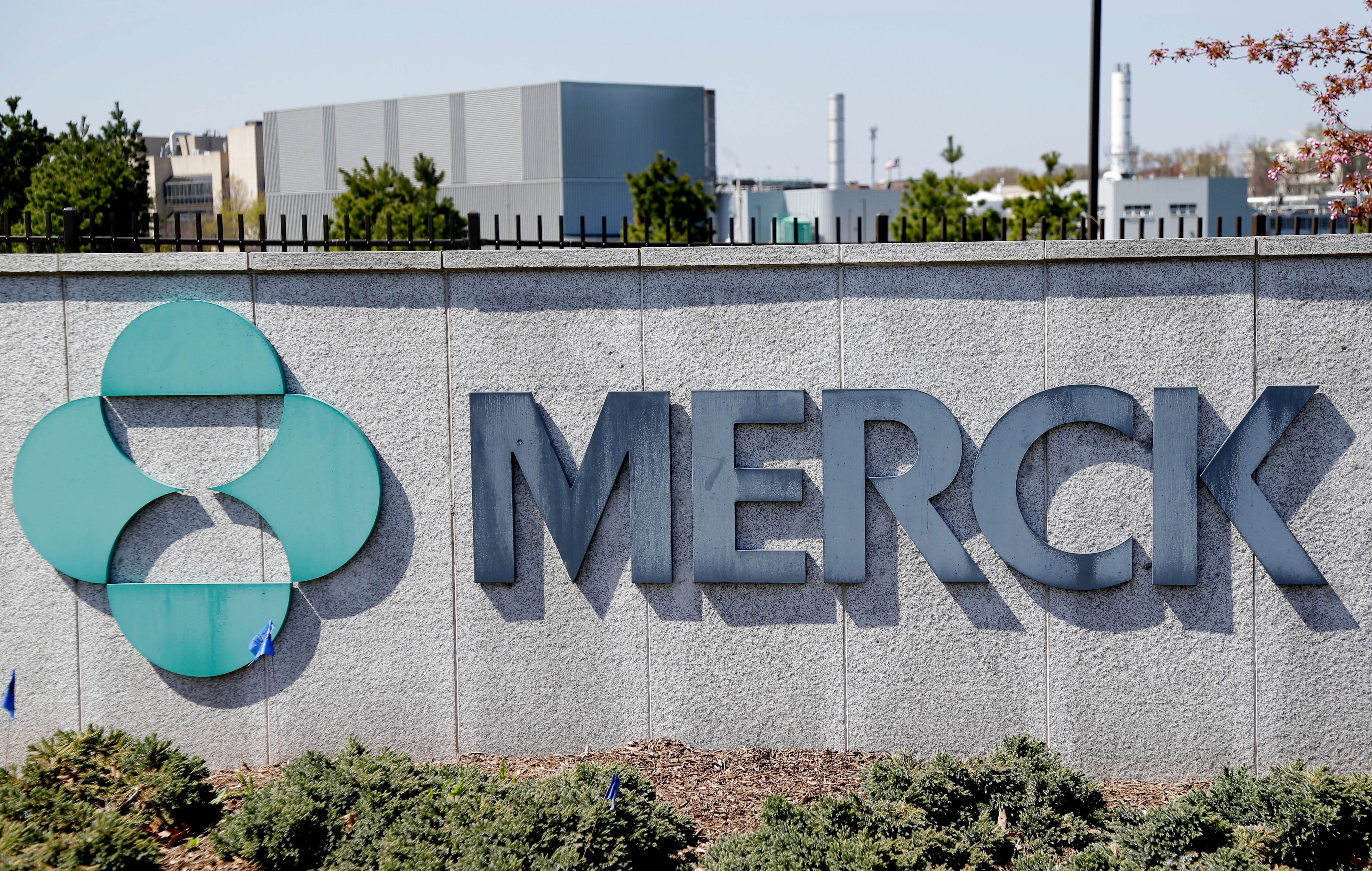Merck ends development of two potential COVID-19 vaccines
Merck is giving up on two potential COVID-19 vaccines following poor results in early-stage studies

Merck is giving up on two potential COVID-19 vaccines following poor results in early-stage studies.
The drugmaker said Monday that it will focus instead on studying two possible treatments for the virus that also have yet to be approved by regulators. The company said its potential vaccines were well tolerated by patients, but they generated an inferior immune system response compared with other vaccines.
Merck entered the race to fight COVID-19 later than other top drugmakers.
It said last fall that it had started early-stage research in volunteers on potential vaccines that require only one dose. Vaccines developed by Pfizer and Moderna were already in late-stage research at that point.
The Food and Drug Administration allowed emergency use of both the Pfizer and Moderna vaccines late last year. Each requires two shots.
Since vaccinations began in December, nearly 22 million doses have been delivered to people nationwide, according to the Centers for Disease Control and Prevention.
A total of 3.2 million people have received both doses required for those vaccines.
The government is paying Merck about $356 million to fast-track production of one of its potential treatments under Operation Warp Speed, a push to develop COVID-19 vaccines and treatments. The money will allow Kenilworth, New Jersey, company to deliver up to 100,000 doses by June 30, if the FDA clears the treatment for emergency use.
The treatment, known as MK-7110, has the potential to minimize the damaging effects of an overactive immune response to COVID-19. This immune response can complicate the life-saving efforts of doctors and nurses.
Five potential vaccines have reached late-stage testing in the United States, the final phase before a drugmaker seeks approval from regulators. Results from a single-dose candidate developed by Johnson & Johnson are expected soon.
Bookmark popover
Removed from bookmarks